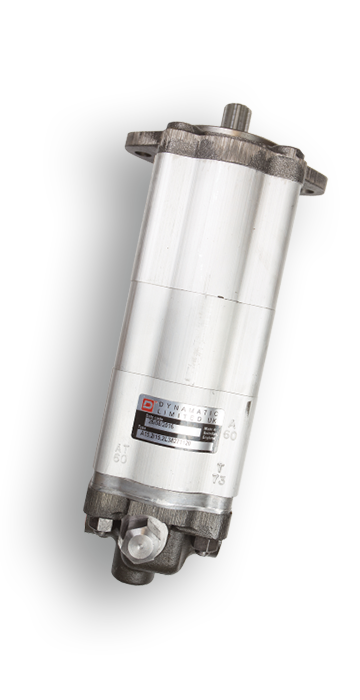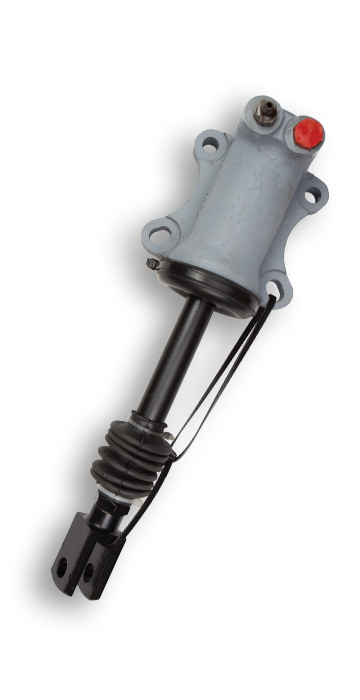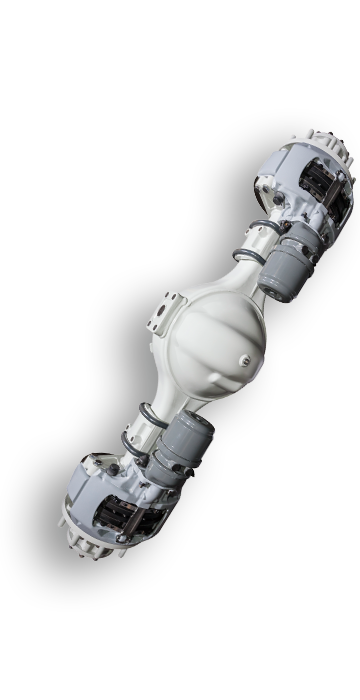Government Bus Service Operating Grant
It goes without saying that buses are a vital part of the UK’s travel infrastructure with as many as 60% of all public transport journeys being made by bus. However, even though, overall, people are travelling more, bus ridership is actually declining.
One of the major reasons is the cost. The price of travelling by bus has risen relative to consumer prices generally. Whilst the consumer price index (CPI) has risen 22 percent since the start of 2009, bus fares have risen on average by 39 percent. By contrast, the costs of running an average family car have risen roughly in line with inflation over the same period.
Outside London, bus services are a mixture of private commercial and council supported services. The latter are services that local transport authorities view as socially necessary but not commercially viable. To manage reduced budgets, local authorities have cut back on subsidies to such services, so prices have risen. As a result, local authority-supported services outside London have halved in vehicle mileage during the past decade, whereas commercial services have remained roughly unchanged.
Commercial services do receive some Government money, mainly in the form of a Bus Service Operating Grant, a declining rebate on fuel duty year on year and payments for free concessionary travel, in lieu of payments that would be made by concession holders. However, for the most part their income comes from fares. As their costs rise, therefore, so fares will go up. Herein lies the problem. Bus use is declining, so bus operating costs, which are largely independent of how many passengers they carry, need to be covered by those who do use them. Buses tend to be used more intensely by people who do not have alternative transport and those who are on relatively low incomes, thereby creating a viscous circle.
Despite the economic challenges, research shows that bus passenger satisfaction is actually high with 88% satisfied with the last bus journey they took. As newer, quieter, cleaner buses join fleets, it’s expected that this figure will go up, which is far higher than feedback from train travellers.
In tackling the issue of bus ridership, leading bus parts supplier, Imperial Engineering, has welcomed the launch of the recent Moving Forward Together initiative from the Confederation of Passenger Transport and the Government’s recent pledge for an additional £220 million fund dedicated to improving bus services.
John Dwight, Imperial Engineering’s Sales Director, said:
“Bus transport is changing with the advances being made in electrification and also passenger accessibility and convenience, such as on board WiFi and travel apps. A cleaner public transport network will be more attractive to passengers but clearly it needs to be cost effective, so we welcome all initiatives designed to improve services. For our part as a market leader in the supply of brand new parts to the bus and coach sector, Imperial Engineering is fully focused on ensuring that we continue to supply operators with the highest quality components to keep fleets safe and fully compliant.”
Government bus strategy
A new Government bus strategy will see local authorities pilot schemes to boost electric take-up and low fares, as well as more London-style franchising powers. The initial £220m funding includes £20m for new bus express lanes in the West Midlands to help make their buses more reliable. A further £30m has been allocated ‘directly to local authorities in 2020 to 2021, to help them improve current bus services or restore those that have been lost’.
The Government has also pledged to help deliver apps to draw together information on bus routes, fares, and timetables from different bus operators across England into one place. In a statement, the Department for Transport (DfT) said that the plans also included helping one town make the switch to electric, though the location was not decided yet. This follows the announcement from the Scottish Government earlier this month to provide a £500 million funding package that will enable local authorities and bus companies to reduce congestion in Scotland.











